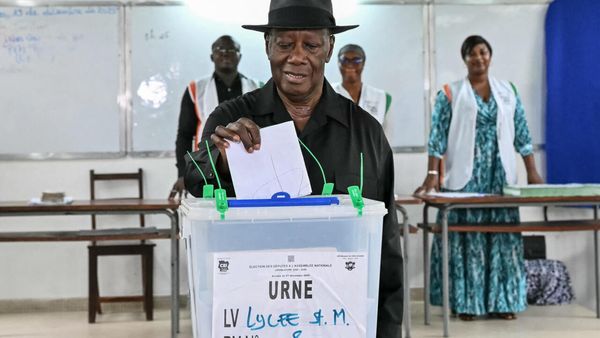
In a bewildering turn of events, Hungary has held back the European Union from approving more than 50 billion euros in new financial aid overnight. Meanwhile, funding for the embattled Ukraine also remains stalled on Capitol Hill in the United States. The urgent necessity of this financial aid for Ukraine has been underscored by fresh reports from Western intelligence agencies.
According to these intelligence sources, Ukraine may only manage to hold its own against Russia for a matter of months without additional aid from Europe and the United States. A senior U.S. military official has starkly laid out the situation, stating that while there is 'no guarantee of success with us', Ukraine's struggle against Russia is certain to falter in the absence of international aid.
The life-or-death implications of these financial holdups have been underscored by Ukrainian locals on the front line, many of whom are growing hopeless without the assurance of further aid. A Ukrainian medic, mourning the recent loss of a friend, bluntly stated, 'without this aid, we are finished.' Other Ukrainian officials have also voiced overt concerns over the ability to pay doctors and first responders come January.
Despite the week's setbacks, there have been glimmers of hope. The European Union has announced commencement of membership talks with Ukraine - a notable symbolic victory for the Eastern European nation. However, this silver lining is overshadowed by the real practical dilemma. Hungary, under the leadership of Vladimir Putin ally, Viktor Orban, has vetoed EU aid likely worth billions.
The European Union plans to revisit the vote in January, but skepticism remains, as Europe, it seems, starkly fails to present a united front. Waiting in the wings for aid, Ukraine must brace for the increasingly emboldened Russia potentially forging ahead on the front lines against a financially exhausted resistance. With Ukraine's allies wavering, this juncture presents as one of the bleakest moments since the war's outset. The struggles of Ukraine continue, with both internal threats and international allies leaving it in the shadows.







